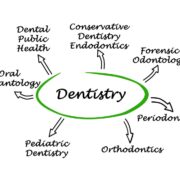Good oral health is an essential part of overall health and well-being. Unfortunately, in India, dental problems are common and can have serious consequences if left untreated. This comprehensive guide outlines the steps that can be taken to prevent common dental problems in India, including diet and oral hygiene, dental checkups, and treatments. The guide also provides tips on how to identify and manage the symptoms of common dental problems, as well as advice on the best way to access dental care. By following the advice in this guide, you can take proactive steps to maintain good oral health and reduce the risk of developing dental problems.
What are the common dental problems in India?
Tooth decay is caused by the buildup of plaque, a sticky film composed of bacteria and food particles. If left untreated, tooth decay can lead to cavities and tooth loss.
Gum disease is an infection of the gums caused by bacteria that build up around the teeth. If left untreated, it can cause tooth loss and bone damage.
Bad breath is caused by bacteria in the mouth that produce foul-smelling odors.
Cavities are holes in the teeth caused by tooth decay.
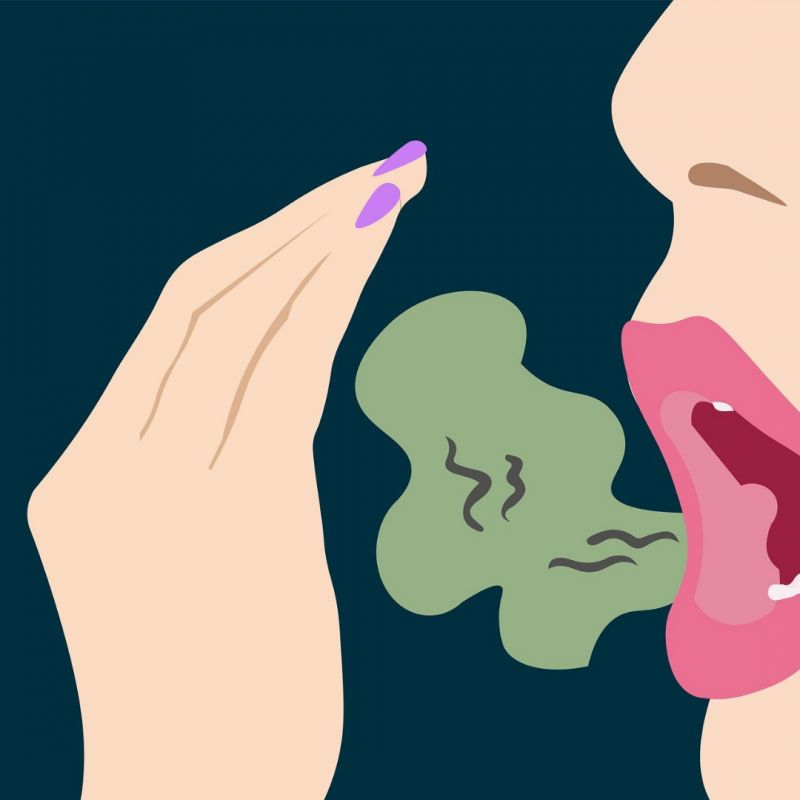

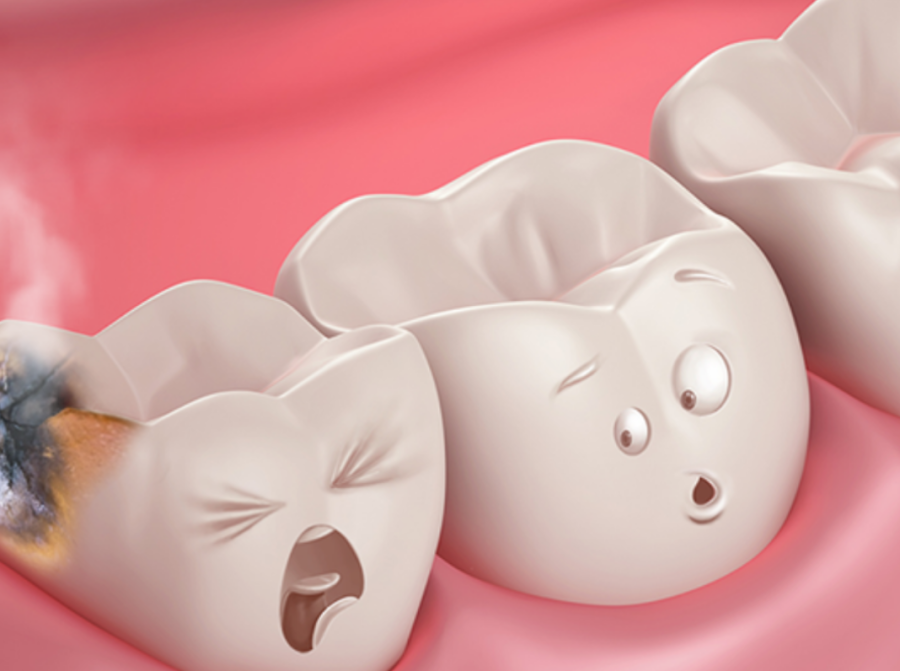
Toothache is a common symptom of dental problems, usually caused by infection or inflammation.
Tooth sensitivity is a common problem in India, particularly among people who consume a lot of acidic or sugary foods and drinks.
Oral cancer is a serious dental problem in India, with high prevalence rates due to tobacco and betel nut consumption.
It is essential to maintain good oral hygiene practices, such as brushing and flossing regularly, visiting the dentist regularly for checkups and cleanings, and avoiding habits that can damage the teeth and gums.
What are the causes of common dental problems?
Poor dental hygiene: Poor dental hygiene practices, such as not brushing and flossing regularly, can lead to the buildup of plaque and tartar on the teeth, which can cause cavities and gum disease.
High sugar and carbohydrate diet: Indian diets are often high in sugar and carbohydrates, which can contribute to tooth decay and other dental problems.
Lack of fluoride in the water supply: Many parts of India do not have access to fluoridated water, which can help to prevent tooth decay.
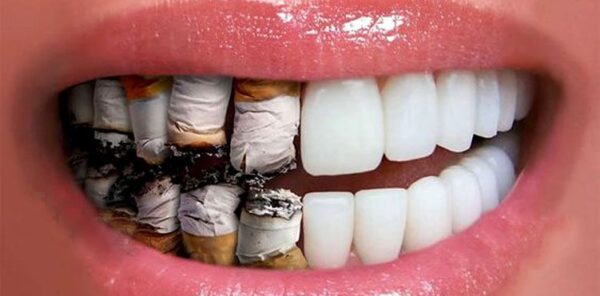

Tobacco and betel nut use: Tobacco and betel nut consumption are prevalent in India and can lead to oral cancer and other dental problems.
Malnutrition: Malnutrition is a significant problem in India, particularly among children, which can lead to weak teeth and gums.
Limited access to dental care: Many people in India do not have access to regular dental care, which can lead to dental problems going undetected and untreated.
Cultural practices: Some cultural practices in India, such as chewing on hard items or using natural remedies to treat dental problems, can contribute to dental damage and decay.
How can dental problems be prevented?
The best way to prevent dental problems is to practice good oral hygiene. This includes brushing your teeth twice a day, flossing daily, and using mouthwash. It is also important to have regular dental checkups and get regular cleanings from a dentist. It is essential to address these causes of dental problems through education, access to dental care, and public health interventions to improve oral health outcomes in India.
Brush your teeth twice a day: Brush your teeth for two minutes twice a day with fluoride toothpaste to remove plaque and prevent cavities.
Use fluoride toothpaste and mouthwash: Fluoride helps to strengthen tooth enamel and prevent cavities, so it is important to use toothpaste and mouthwash that contain fluoride.
Floss daily: Flossing helps to remove food particles and plaque from between the teeth and along the gumline.
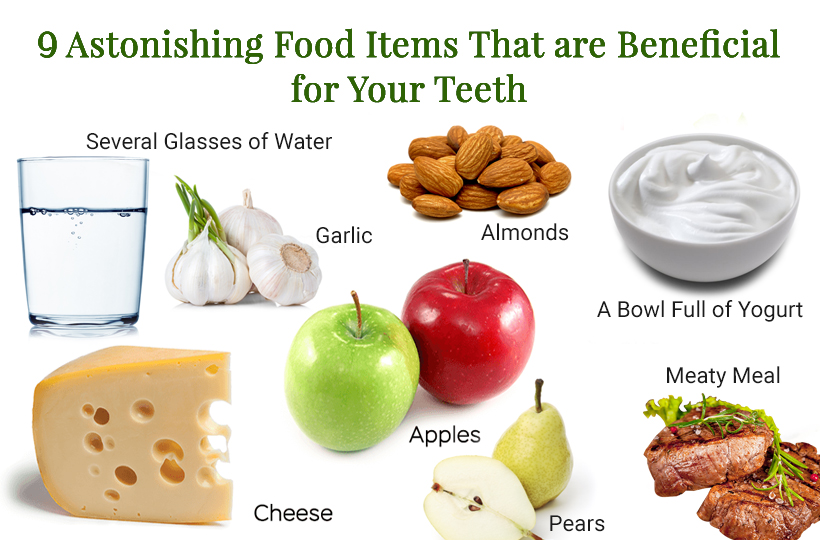
Drink plenty of water: Drinking water helps to rinse away food particles and bacteria from the mouth and can help to prevent tooth decay.
Limit sugary and acidic foods and drinks: Sugary and acidic foods and drinks can contribute to tooth decay, so it is important to limit your intake of these items.
Avoid tobacco and betel nut: Tobacco and betel nut use can increase the risk of oral cancer and other dental problems, so it is important to avoid these products.
Wear a mouthguard for sports: If you play sports, wear a mouthguard to protect your teeth from injury.
What is the importance of diet for good oral health?
A balanced diet is essential for good oral health. Eating a variety of fruits and vegetables, whole grains, and lean proteins can help prevent tooth decay and gum disease. It is also important to limit sugary and starchy foods, as these can contribute to tooth decay.
What is the importance of oral hygiene for oral health?
Good oral hygiene is essential for preventing dental problems. This includes brushing your teeth twice a day, flossing daily, and using mouthwash. It is also important to avoid using tobacco products, as these can contribute to tooth decay and gum disease.
What is the importance of regular dental checkups?
It is important to have regular dental checkups to identify and prevent potential dental problems. During a dental visit, the dentist will examine your teeth and gums and look for signs of decay or other problems. They will also look for signs of gum disease, such as redness or swelling.
ROYAL DENTAL CLINIC | SAME DAY DENTAL IMPLANT & COSMETIC TREATMENT, KANDIVALI
Importance of treatments for common dental problems?
If these problems are identified during a dental visit, the dentist may recommend treatments to help prevent or address the problem. For example, if cavities are detected, the dentist may recommend fillings or other treatments to address the issue. If gum disease is present, the dentist may recommend a deep cleaning or other treatments to reduce inflammation and prevent further damage.
Can common dental problems be identified and managed?
The best way to identify and manage common dental problems is to visit a dentist regularly. During a dental visit, the dentist will examine your teeth and gums and look for signs of decay or other problems. If a problem is identified, the dentist will recommend treatments to help address the issue.
What is the best way to access dental care?
The best way to access dental care is to visit a dentist regularly. It is important to find a dentist that you can trust and who has experience in treating dental problems. You can also access dental care through a dental insurance plan or a dental discount plan.
Conclusion
Good oral health is an essential part of overall health and well-being. By following the advice in this guide, you can take proactive steps to maintain good oral health and reduce the risk of developing dental problems. This includes practicing good oral hygiene, eating a balanced diet, having regular dental checkups, and getting regular treatments for dental problems. Additionally, it is important to access dental care in the best way possible, such as through a dentist or a dental insurance plan.

